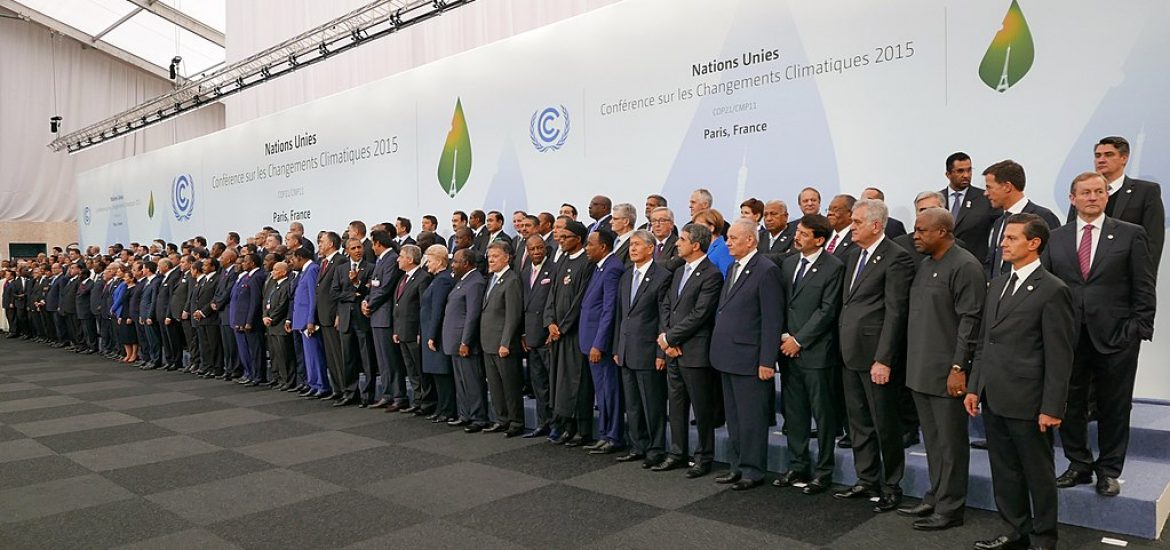
The EU’s European Investment Bank (EIB) is facing criticism for considering a €1.5 billion loan for a gas pipeline from Azerbaijan to Europe while French President Emmanuel Macron prepares to hosted a climate change conference in Paris.
The EIB is expected to support the trans-Adriatic pipeline with one of its largest ever loans, potentially in contravention of EU climate-change commitments.
A July letter, released in November under a freedom of information request, from European Commission Vice President Maroš Šefčovič and climate and energy commissioner Miguel Arias Cañete to the EIB’s president Werner Hoyer, called for the loan to be given the green light.
The pipeline was “vital and irreplaceable” for the diversification of EU gas sources and security of supply, the letter said.
Activists said approving the loan on the second anniversary of the Paris climate deal would undermine Europe’s efforts to cut carbon emissions.
“The EU, which considers itself a climate action champion, simply cannot afford its financial arm, the EIB, to be supporting any component of the southern gas corridor,” said Xavier Sol of Counter Balance, a coalition of European NGOs.
“Granting such a loan, especially after Azerbaijan’s membership of the Extractive Industries Transparency Initiative had been suspended in March over its government’s continued crackdown on media and civil society, means the EIB is turning a blind eye to gross human-rights violations,” Sol added.
Macron, meanwhile, set up a special summit in Paris on December 12 to help finance projects addressing climate change.
The pipeline would form the western end of the southern gas corridor: a series of pipelines transporting gas to Europe from the Caspian Sea.
The EU initially backed project nearly a decade ago as a way of reducing the reliance on Russia, which supplies around a third of Europe’s gas.
The pipeline consortium consists of BP (20 per cent), Azerbaijan’s gas major Socar (20 per cent), Italian Snam (20 per cent), Belgium’s Fluxys (19 per cent), Spanish Enagás (16 per cent) and Swiss Axpo (5 per cent). The firms involved have changed over the last 10 years.
Much of the work constructing the Turkish section has been completed.
Large stretches of land have been cleared in Greece and Albania for the pipeline and around 2,000 olive trees in Italy are due to be temporarily moved for the construction process.
The project is described as 60-per-cent finished and it is hoped it will open in 2020.
Does the trans-Adriatic pipeline contravene the 2015 Paris climate deal? Picture credit: Wikimedia





